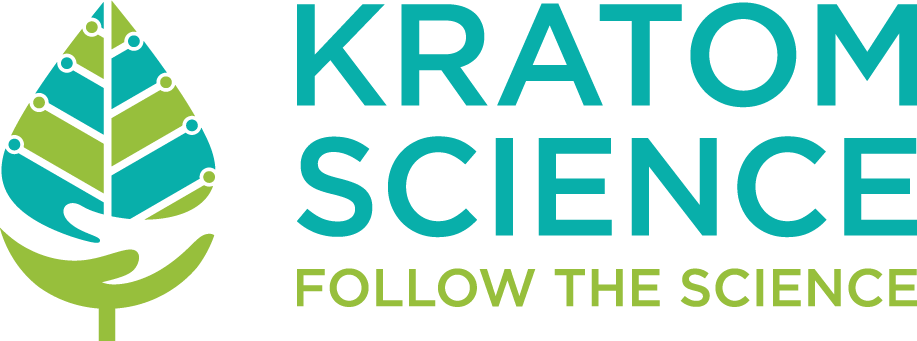Kratom in Hungary
Kratom Legal Status
Currently legal
Law
Where to buy kratom in Hungary
Shipments are allowed when sent from an European Union member state where kratom is legal, regulated by the EU customs union in the Lisbon Treaty.
National drug strategy & laws
Hungary’s National Anti-Drug Strategy 2013-20, entitled ‘Clear consciousness, sobriety and the fight against drug crime’, focuses on illicit drugs and was adopted in 2013. It is based on five core values: the right to life, human dignity and health; personal and community responsibility; community action; cooperation; and an evidence base.
Since 2013, the drug control sections of the Criminal Code have covered trafficking, possession, incitement of minors to use drugs or similar substances, assisting production, precursors, new psychoactive substances (NPS) and performance enhancement (doping).
Consumption is now a criminal offence (unlike during the period 2003-13), punishable by up to 2 years in prison. Possession is punishable by up to 2 years in prison if it involves small quantities. Other penalties include 1-5 years for a basic offence, increasing to 2-8 years if the offence is committed under certain circumstances, and 5-10 and 5-15 years if the offence involves a larger quantity of drugs.
To control new psychoactive substances (NPS) in Hungary, a government decree set up a formalised rapid assessment in 2012. This allowed the inclusion of NPS in Decree 55/2014 of the Minister of Human Capacities. Inclusion means a temporary control for 1 year with the possibility of an extension of 1 year, after which it will be transferred to the schedule of psychoactive substances or the Schedule D of the Decree, depending on whether the danger is greater or lesser.
Accordingly, the Criminal Code now provides for a punishment of up to 3 years in prison for the manufacture of NPS, 1-5 years for supply and up to 3 years for possession of more than a small amount (2 g of the active substance). For possession of a small amount, the user will be subject to a non-criminal infringement procedure.
National treatment policy
The treatment-related objectives of the current Hungarian National Anti-Drug Strategy are built on a recovery-oriented approach and place emphasis on enhancing the availability and quality of treatment services, with a particular focus on young people. In Hungary, treatment of drug users is a task shared by the healthcare system and social services, with the participation of non-governmental institutions.
The State Secretariat for Healthcare is responsible for all aspects of drug users’ healthcare, while the State Secretariat for Social Affairs and Social Inclusion is in charge of issues related to social care. Both secretariats are located in the Ministry of Human Capacities. Treatment services are mainly provided by public bodies and by non-governmental drug service providers.
In Hungary, drug treatment is not substance based and covers licit and illicit substances, other dependencies and psychiatric problems. Treatment is offered to drug users at various outpatient and inpatient facilities throughout the country. Some treatment units provide only health or social services, while others provide mixed services. Long-term rehabilitation is also provided mostly by non-governmental organisations; though it has a healthcare component, it is predominantly focused on social support and integration.
Opioid substitution treatment (OST) has been available since 1994 (with methadone), while buprenorphine-based treatment was introduced in 2007. Both methadone- and buprenorphine-based treatments are publicly funded. Methadone is provided only at specialised outpatient treatment centres, whereas buprenorphine can be prescribed by any psychiatrist. OST is provided within the remit of outpatient treatment services, but it is also provided by some inpatient treatment providers, mostly for detoxification purposes.
